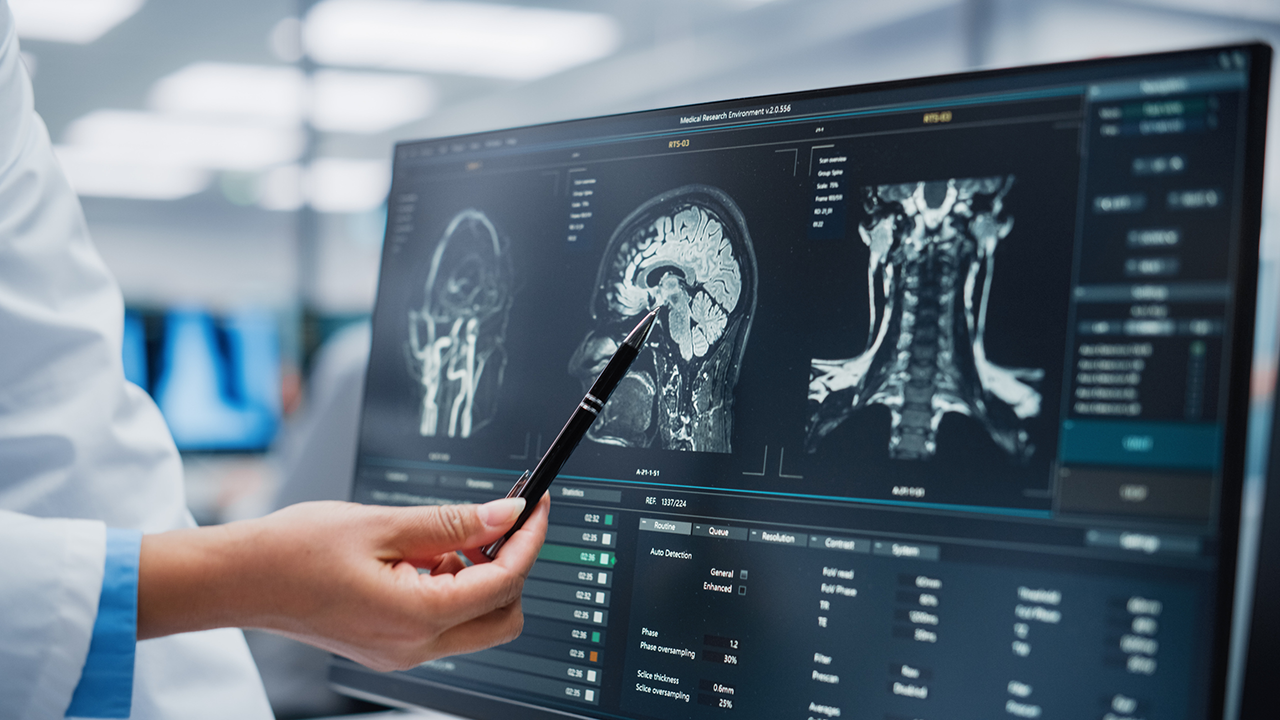
Transient ischemic attack (TIA), also known as a “mini stroke”, occurs when a clot temporarily blocks a blood vessel. A TIA normally lasts a few minutes before the clot dislodges or dissolves, and blood supply returns. Because these episodes are short, it is unlikely that there is any permanent damage.
It may sound like a good thing that there is no lasting damage following a mini stroke, however, these are considered “warning strokes”, meaning a more serious stroke could be on the way. Even if your symptoms only last a few minutes and then seem to go away, always seek immediate medical help. A major stroke can cause serious long term health problems or even death.
According to the American Stroke Association, 9 – 17% of people who had TIA suffered from a stroke within 90 days. After reaching the age of 55, the risk of having a stroke doubles every 10 years. TIA and strokes have similar symptoms, but seeking medical attention immediately can help prevent a major stroke from happening.
The American Stroke Association states up to 60% of all stroke survivors develop cognitive problems within a year of their stroke, and 1 in 3 survivors develop dementia in 5 years. Survivors who undergo a cognitive impairment evaluation have a better chance of treating their memory and brain processing concerns early on.
Symptoms of TIA include:
Along with like symptoms, the causes of TIA are very similar to that of a stroke. Controllable risk factors, such as weight, diet, smoking, drinking alcohol in excess, and having high blood pressure or cholesterol can all be modified to reduce your risk of a stroke. Your age, family history, and gender are all uncontrollable risk factors, meaning you cannot change them.
Engaging in regular exercise, eating a balanced diet, quitting smoking and limiting alcohol intake can all help prevent TIA and a stroke.
Quick action is key when preventing permanent damage from a stroke. If you or a loved one begin showing signs of a stroke, call 911 or get to the emergency room immediately. If TIA is diagnosed, follow-ups with a neurologist will be recommended to assess the potential risk of a stroke in the future.
The Comprehensive Stroke Center at Mercy Hospital of Buffalo is nationally recognized as one of the best hospitals for stroke care. We are the only stroke center in Buffalo that has received the nation’s highest and most-demanding designation, the Advanced Certification for Comprehensive Stroke Centers from the American Heart Association and American Stroke Association. Mercy Hospital of Buffalo is also a Get With The Guidelines®– Stroke Gold Plus, Target: Type 2 Diabetes Honor Roll Award, and Target: Stroke Honor Roll Elite Plus Award recipient.
Find a Stroke Care Specialist Near You
Call (716) 706-2112